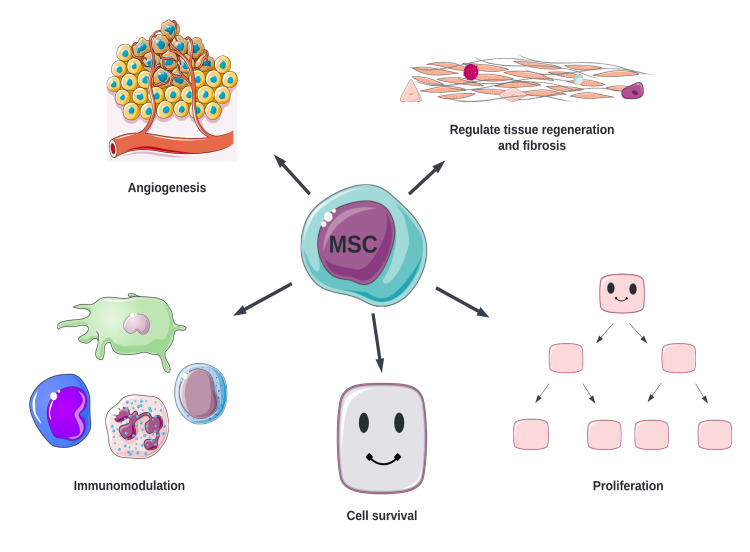Stem Cell Implants for Type 1 Diabetes Treatment
Type 1 diabetes, a challenging condition requiring vigilant management, might see a significant breakthrough in its treatment methodology. A recent study has propelled optimism for those enduring this chronic ailment, exploring the potential of stem cell implants for Type 1 Diabetes to redefine the landscape of treatment.
Tip: Please fill out the form if you or a friend would like more information on CGM devices.
A New Horizon in Treatment
A groundbreaking study conducted by researchers from the University of British Columbia and Vancouver Coastal Health has illuminated a potential avenue for type 1 diabetes treatment: stem cell implants for Type 1 Diabetes. These tiny implants, housing lab-grown pancreatic cells (referred to as VC-02), have sparked hope for reducing insulin dependence and, possibly, offering a cure.
Promising Trial Outcomes
Involving 10 initially insulin-dependent participants, the study revealed promising outcomes. Over a span of six months post-implantation, three individuals exhibited substantial improvement, spending more time within the normal blood sugar range and reducing reliance on external insulin.
Must Read CGMs in noncritical care hospitals optimizes glycemic control
Anticipating a Transformative Cure
Dr. David Thompson, the principal investigator, remains cautiously optimistic about this groundbreaking approach, foreseeing a potential cure for stem cell implants for Type 1 Diabetes by 2024. The experimental methodology aims to fortify cells, potentially mitigating or eliminating the need for external insulin injections.
The Conundrum of Type 1 Diabetes
Unlike type 2 diabetes, where the body struggles with insulin utilization, type 1 diabetes involves the immune system attacking insulin-producing cells in the pancreas. This assault on beta cells leads to insufficient insulin production, necessitating external insulin intake for survival.
A Paradigm Shift in Medicine
Dr. Thompson positions this study as the harbinger of a new medical era centered around cell therapy. This trial explores an experimental cell therapy pioneered by the biotechnology company ViaCyte, emphasizing the potential transformative impact of this innovative approach.
Don’t miss the Guide about Wegovy Dosage Guide: The Best Way For Weight Loss
Implant Technology and Trial Advancements
The implanted devices, akin to small bandages, continuously supply insulin, distinguishing themselves from conventional glucose monitors. The study builds upon earlier research, refining the design and increasing the number of devices per participant. While limitations persist, such as the trial’s scale and the inability to completely normalize blood glucose levels, it stands as a beacon of progress in this domain.
Also, read about Diabetes Program Set by Volunteers in Medicine Clinic
Hope Amidst Complications
A potential cure for type 1 diabetes holds the promise of averting severe associated complications, including vision impairment, kidney issues, limb amputations, and life-threatening nocturnal hypoglycemia. It could also significantly mitigate the risk of heart attacks and strokes linked with diabetes.
In summary, the utilization of stem cell implants for Type 1 Diabetes in this study offers a glimmer of hope in reshaping the paradigm of type 1 diabetes treatment. This breakthrough not only opens doors for a potential cure but also envisions an enhanced quality of life for individuals grappling with this chronic condition.


